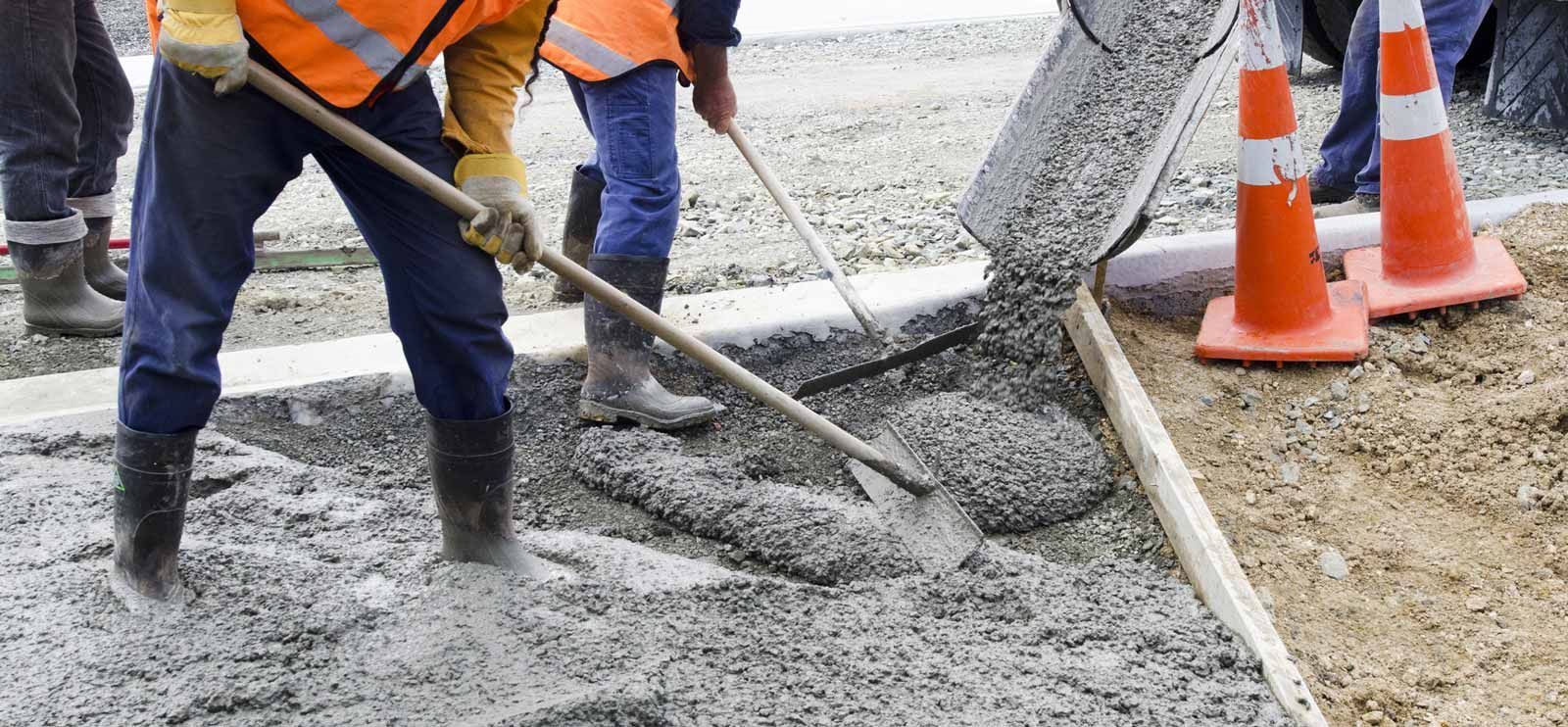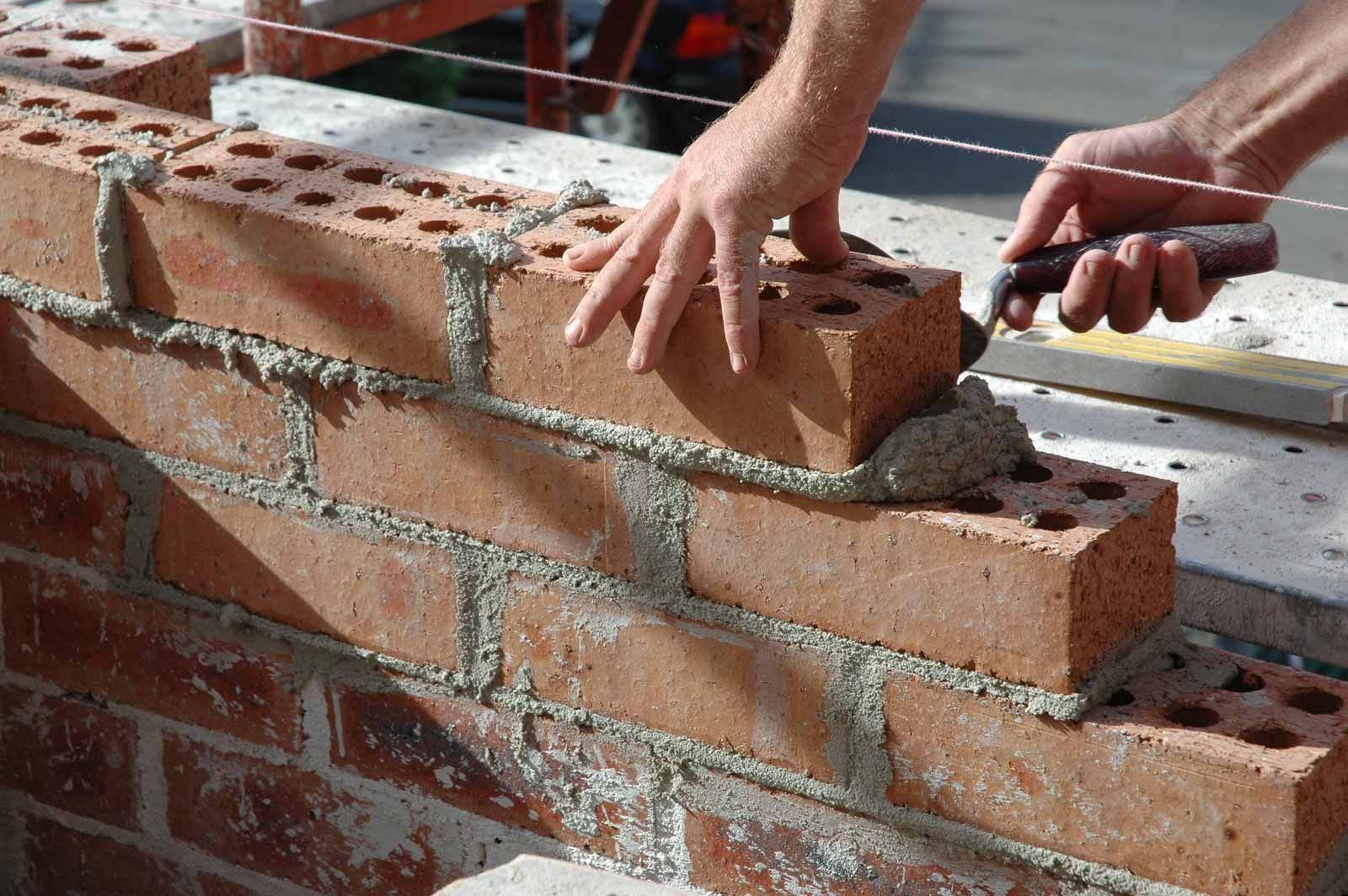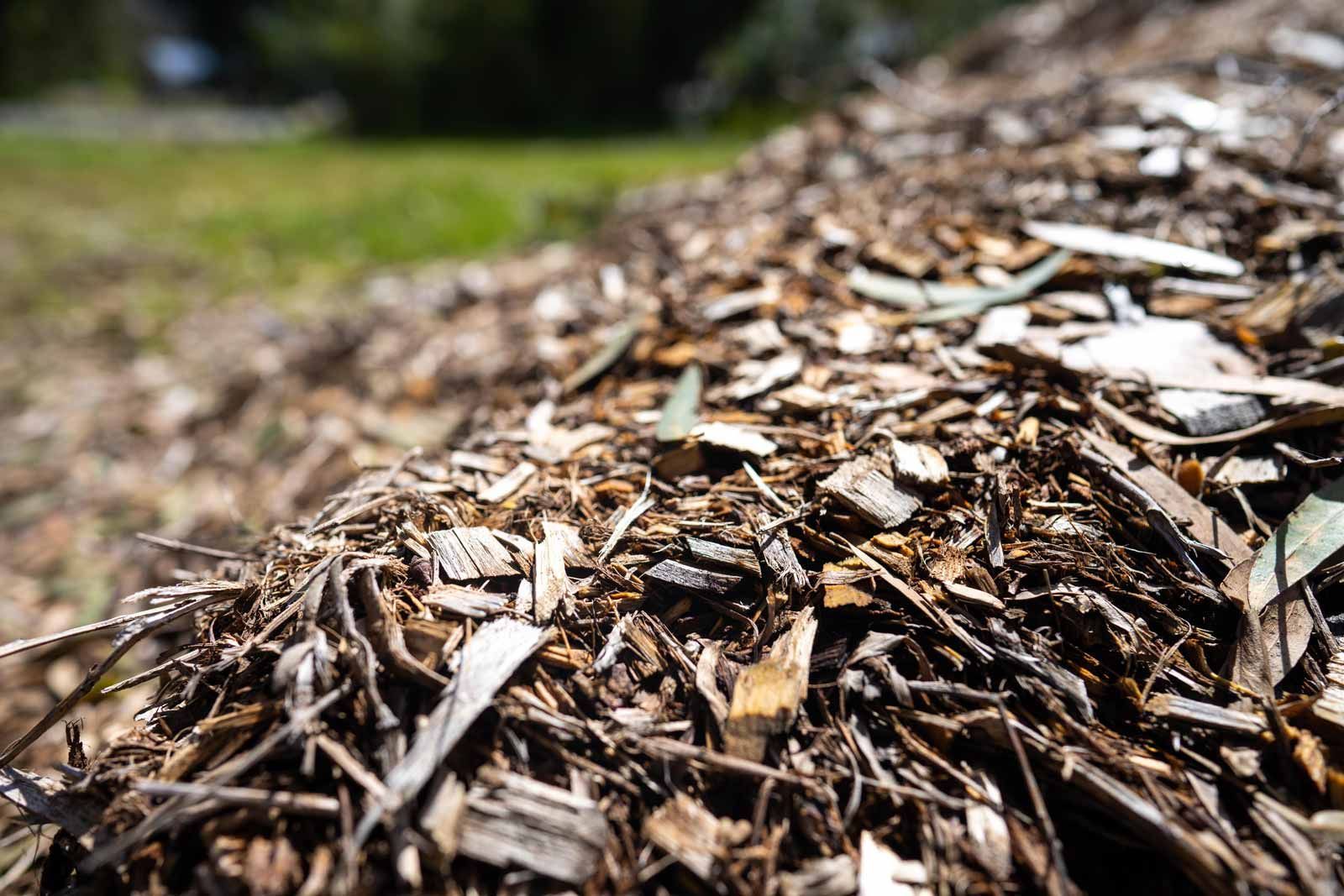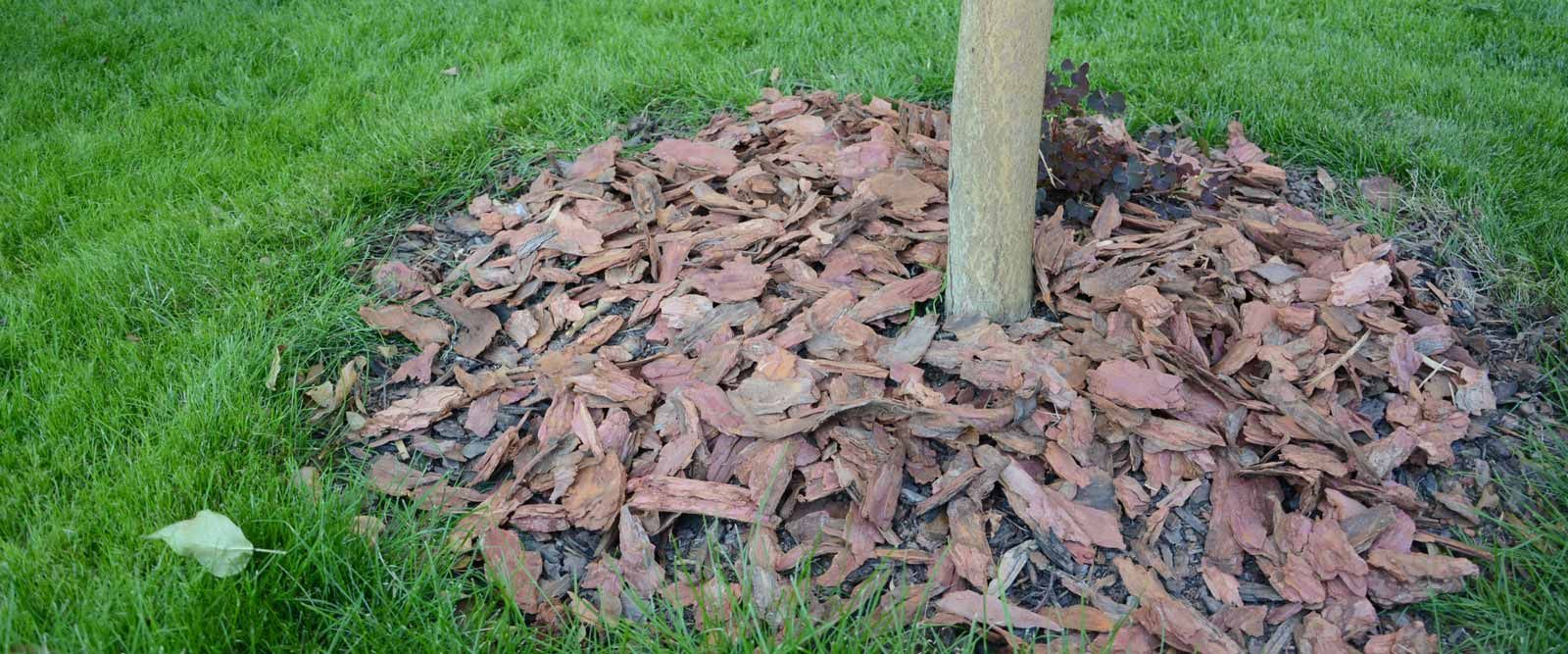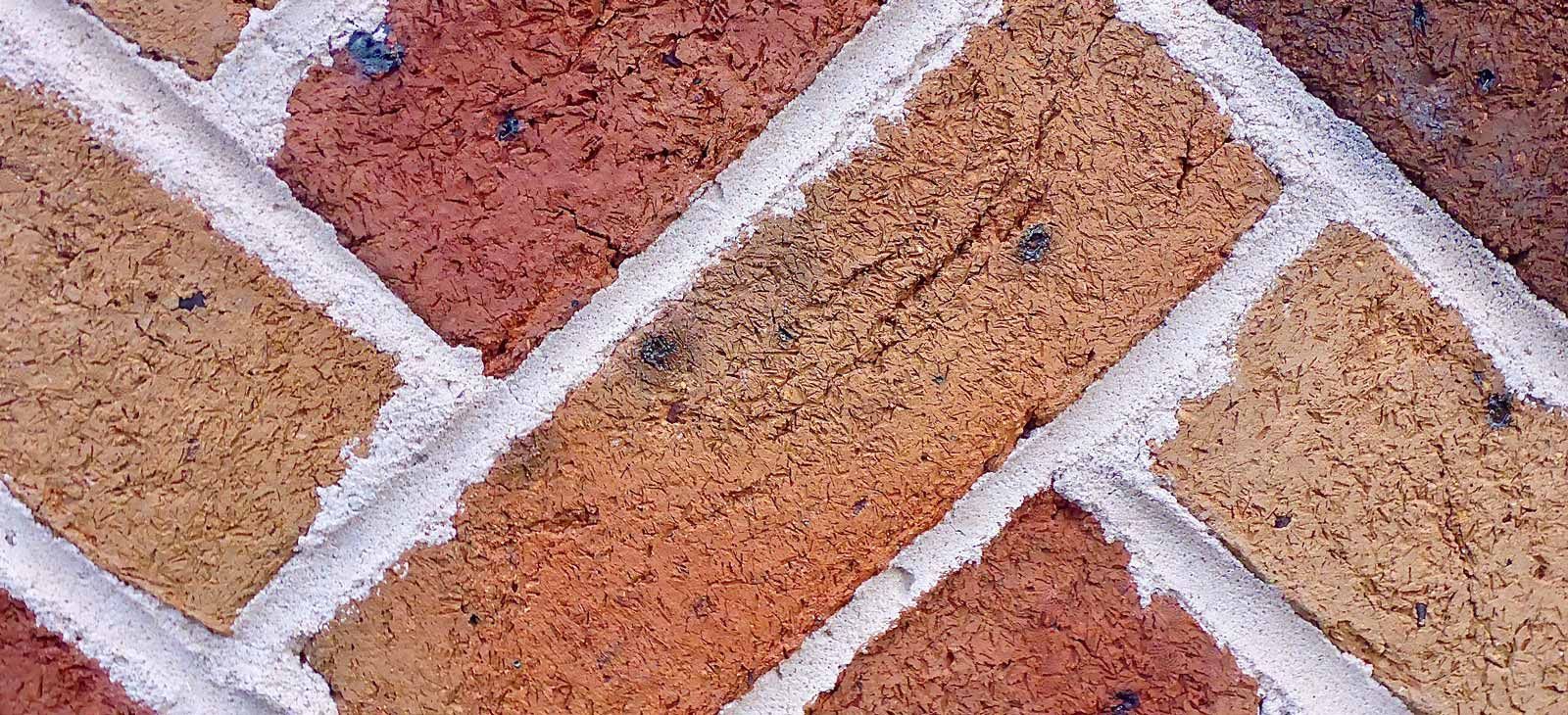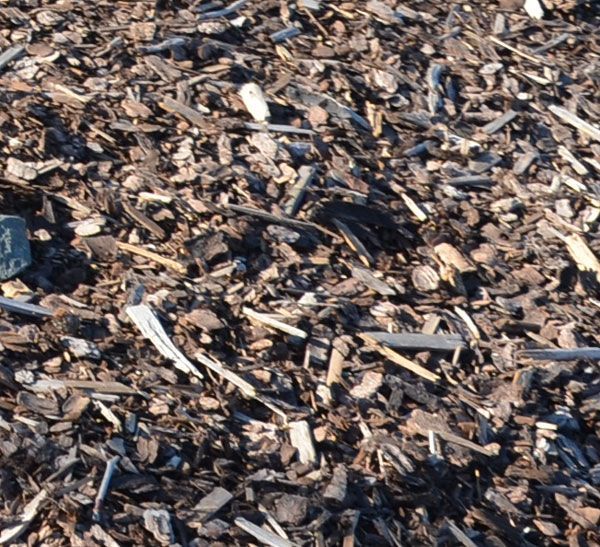What is crusher dust good for?
In landscaping and construction, a multitude of materials contribute to the creation of solid foundations and appealing outdoor spaces. One such essential material is crusher dust – a versatile substance derived from crushing rocks. In this blog post we’ll discuss the uses and benefits of crusher dust, and look further into its potential applications.
The potential of crusher dust
Crusher dust serves as an ideal fill material for the creation of pathways and driveways, and as a base layer for artificial turf. Properly laid, it enhances drainage and minimises waterlogging, boosting surface longevity. Its compacted structure acts as a natural weed suppressant, making it suitable for weed control in gardens, paths, and other landscaping settings.
Key factors to consider
Crusher dust can exhibit a tendency to become muddy when exposed to moisture. This attribute stems from its composition, which can lead to compromised stability in wet conditions. To counteract this potential drawback, it is essential to prioritise proper compaction during the installation process. Users can then effectively implement crusher dust in their project works while proactively mitigating any challenges associated with its response to moisture.
Speak to our team for all your crusher dust requirements
For quality crusher dust and expert guidance, turn to SEQ Landscape Supplies. With our assistance, you can utilise the potential of this material to create durable and appealing outdoor spaces. For information on our other materials and products, check out our online shop and place an order now.
Additional FAQs
-
What is the difference between crusher dust and gravel?
While both crusher dust and gravel are used for similar applications, they differ in particle size. Gravel consists of larger rock fragments, offering better drainage, while crusher dust, being finer, compacts densely and is ideal for solid bases.
-
Will weeds grow in crusher dust?
The compacted structure of crusher dust suppresses weed growth, making it effective for weed control across a range of landscaping projects.
-
How thick should crusher dust be?
The ideal thickness of crusher dust depends on the specific project and its intended use, but a layer of 2-3 inches is generally recommended for creating a solid base.

1 Quarry Rd, Stapylton QLD 4207 Australia
Trading Hours
- Mon - Fri
- -
- Saturday
- -
- Sunday
- Closed
© 2023 SEQ Landscape Supplies.
Information



